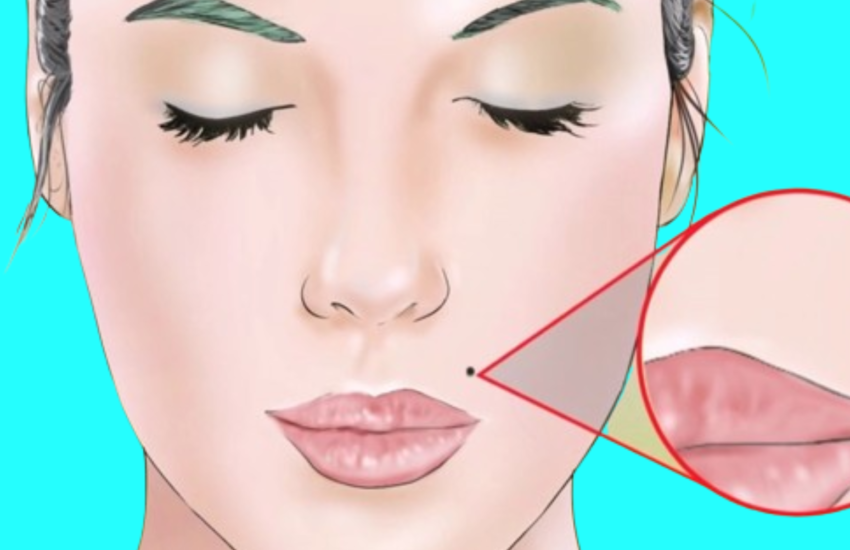10 ways your body might be telling you something’s wrong
Our bodies are incredibly complex and sophisticated systems, evolving over millions of years to maintain balance and good health. They often communicate with us in subtle ways, providing signals when something is wrong. Paying attention to these signs can be crucial to detecting potential health problems early. In this article, we’ll explore ten ways your body might be telling you something is wrong. From changes in skin texture to changes in appetite, these signs can provide valuable information about your overall health.
- Unexplained weight fluctuations:
Sudden and unexplained weight loss or gain.
Rapid weight loss may indicate hyperthyroidism, diabetes, or gastrointestinal disorders, while sudden weight gain may be related to hormonal imbalances or metabolic problems. It is important to monitor your weight and discuss important changes with your health care professional. - Constant fatigue:
Feeling constantly tired despite adequate rest.
This may indicate several problems, including anemia, hypothyroidism, sleep apnea, or chronic fatigue syndrome. Recognizing persistent fatigue and seeking medical advice can help identify and treat underlying causes. - Skin changes:
Conditions such as acne, eczema or sudden changes in pigmentation.
Your skin often reflects your inner health. These changes can indicate hormonal imbalances, allergies, or autoimmune disorders. Regular skin examinations and consulting a dermatologist can help in early detection of potential problems. - Digestive system disorders:
Digestive problems such as frequent bloating, gas, or irregular bowel movements.
These symptoms may indicate intestinal dysfunction, food allergies, or digestive disorders. Maintaining a balanced diet and seeking medical guidance for persistent symptoms is crucial. - Changes in urination patterns:
Changes in urination frequency, color, or smell.
These changes could indicate urinary tract infections, kidney problems, or diabetes. Pay attention to your urination patterns and visit a doctor if you notice persistent irregularities. - Appetite fluctuations:
Significant changes in appetite, whether high or low.
These changes may indicate problems such as hormonal imbalances, depression, or metabolic disorders. Monitoring your eating habits and discussing sudden changes with your healthcare professional is vital. - Persistent pain:
Chronic pain in different parts of the body.
This may be an indication of underlying conditions such as arthritis, fibromyalgia, or nerve problems. Ignoring persistent pain can lead to further complications, so seeking medical evaluation and treatment is important. - Unusual changes in hair and nails:
Brittle nails, hair loss, or changes in nail color and texture.
These changes can result from nutritional deficiencies, thyroid problems, or autoimmune disorders. Consulting a healthcare provider or dermatologist can help identify possible causes. - Irregular heartbeat or blood pressure:
Irregular heartbeat or persistent high/low blood pressure.
These may indicate cardiovascular problems. Regular checkups and monitoring of these vital signs can help with early detection and preventative care. - Mood swings and changes in mental health:
Sudden mood changes, unexplained anxiety, or prolonged periods of sadness.
These can indicate mental health problems such as depression, anxiety disorders, or bipolar disorder. Seeking professional help can facilitate proper diagnosis and treatment.
Your body is an amazing machine that communicates with you through different signals. Paying attention to these signs can provide important insights into your overall health and well-being. Attuning to your body’s messages can help you spot potential health problems early and take steps to address them.


